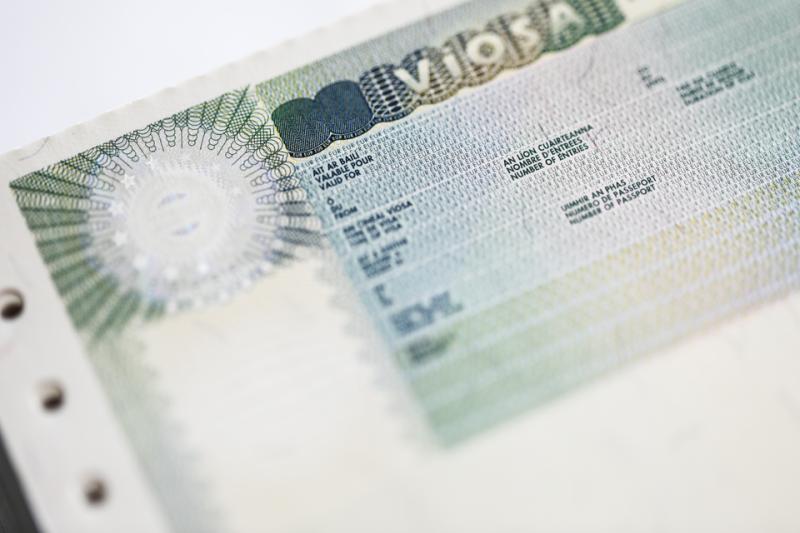The Immigration, Refugee and Citizenship Canada (IRCC) has started instigating so many modifications that will impact every new immigrant to Canada in 2024. As declared in the Immigration Levels Plan for 2024-2026, Canada strives to embrace 485,000 PR in 2024. Together with this elevated level of relocation, Canada is anticipated to take updates on different programs and influence artificial intelligence to facilitate customer skills.
Table of Contents
Updates to the Express Entry Program
In 2023, IRCC started executing category-based Express Entry draws. These draws were performed to assist Canada in discovering international citizens properly fitted to handle the nation’s most stressful labor vacancies and demographic requirements. During the first year of category-based draws, Immigration, Refugee, and Citizenship Canada (IRCC) selects to prioritize the below classifications of relocation applicants.
- People with French language skills
- People with current work skills in any of the five industries below Healthcare, STEM, trades, transport, agriculture, and agri-food.
In 2024, IRCC is anticipated to proceed with category-based draws. Hence, the division has made it evident that they will reevaluate the attention classifications selected for 2023 and prospectively change them according to the modifying requirements of Canada’s labor market. This implies that new divisions and masteries may be selected as fields of attention by Immigration, Refugee, and Citizenship Canada (IRCC), prospectively allowing new sets of new immigrants to be qualified for category-based Express Entry draws in 2024.
Fresh Provincial Nominee Program Policies
Provincial nominee programs are relocation routes that permit local administration to hand-pick applicants who will adequately assist them in dealing with labor market spaces. Based on Immigration, Refugee, and Citizenship Canada’s current immigration level plan, provincial nominee programs aim to create the nation’s most significant immigration routes 2024 by immigration targets.
Regions were currently offered a new group of directing policies for provincial nominee programs. Immigration, Refugee and Citizenship Canada presents new multi-year intentions for the Provincial Nominee Programs beginning in 2024. This will allow regions and territories to adequately make plans for their immigration plans, as they will understand their 2025 sharing a year in advance. Acquired together, these new Provincial Nominee Program expansions imply that potential new immigrants seeking this immigration route must clearly imagine their choices to relocate to their regions or territory of preference because of adequate planning by every provincial administration.
Additional Parents and Grandparents Program Entry GAPS
Canada, in 2023, targeted embracing 28,5000 newcomers via the Parents and Grandparents Program. The recent immigration levels plan for 2024 demonstrates that Parents and Grandparents Program targets will expand to 32,000. If IRCC can enhance intake supervision and match application information and outputs, additional Parents and Grandparents Program candidates are required to be able to arrive in Canada in 2024.
Should you find this piece engaging, we kindly invite you to explore the wealth of content in our other articles:
- A Person Living With HIV Immigration to Canada
- British Columbia and Saskatchewan Welcome More Provincial Nominees as Alberta Offers PNP Update
- How to Get ECA Reports From WES, CES, ICAS, IQAS, MCC & PBEC
- Canada Seeks More Francophones Under Immigration Levels Plan 2024/2026
- Canada Express Entry: Your Options if Your PGWP is Expiring
Improvement to Canada’s Foreign Student Program
To boost the prestige of the foreign student program all over Canada and accurately secure future international citizens, Immigration, Refugee, and Citizenship Canada (IRCC) has instigated a reformed Acceptance Letter confirmation structure that will affect every study permit candidate. Starting on 1st December 2023, designated learning institutions all over Canada must instantly verify their candidate’s acceptance letter with IRCC. The division stated that these fresh, improved confirmation procedures strive to secure potential students from forgery while ensuring that study permits are allocated according to acceptance letters.
Immigration, Refugee, and Citizenship Canada declared in November that, getting into 2024, the division will be executing a check of its Post-Graduation Work Permit program. Many international students who plan to apply for Permanent Residence gain from the Post-Graduation Work Permit since the CRS score deals favorably with Canadian work skills.
This check is anticipated to lead to IRCC presenting reforms that accurately measure the Post-Graduation Work Permit to the nation’s labor market demands and provincial and francophone relocation objectives. Furthermore, ensure that you remain updated with incoming stories from this blog concerning this and other vital growths for Canada’s foreign student population in 2024.
Additional Changes Coming for Canadian Immigration in 2024
Immigration, Refugee, and Citizenship Canada (IRCC) has devoted many other modifications planned to enhance the knowledge and life of new Canadian immigrants making their path via immigration procedures.
Elevating the Use of AI and Technology
In the endeavor to out-contest other nations for skills, Immigration, Refugee, and Citizenship, Canada has devoted itself to further using technology and AI in the relocation gaps in 2024. This plan strives to decrease processing durations, enhance instruments for IRCC officials, and assist Canada in fulfilling the nation’s immigration and different preferences. Notably, these digital changes will strengthen the customer skills for immigration applicants in so many methods, which include but are not restricted to:
- Enhancing service measures
- Boosting partnerships with employers and organizations that depend on immigration while dealing with forgery and increasing student and employee safety.
- Make applications more user-friendly, making use of digital and virtual safety.
New IRCC Advisory Council
Again, IRCC will create a new advisory entity to concentrate on issues connecting to immigration guidelines and service delivery. This council will consist of individuals with settled skills in relocation, permitting new immigrants to Canada to possess more suggestions for programs and procedures influencing them. This new advisory council wishes to boost guidelines and program expansion while ensuring Canada’s immigration structure stays docked in a human-centric policy.
Presentation of the Chief International Talent Official
Lastly, Canada’s immigration unit will present a new position called the Chief International Talent Officer (CITO). The primary duty of the CITO is to enhance the suitability between the nation’s immigration structure and its federal labor market and divisional plans.
Based on the unit, the duties of this person show the capacity to influence a large sum of modifications in Canada’s yearly relocation. Potential settlers to this nation in 2024 and above must focus on expansions when an individual is nominated.




